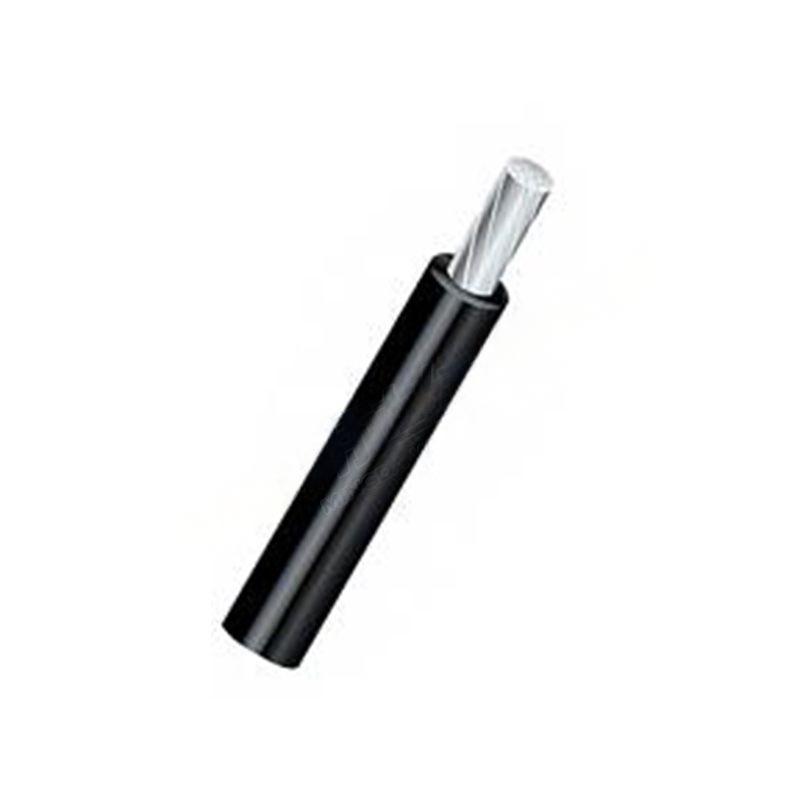Nov . 13, 2024 13:50 Back to list
gate valve nrs
Understanding Gate Valves The NRS Design
Gate valves are crucial components in a variety of plumbing and industrial applications. They are designed to start or stop fluid flow through a system. Among the different types of gate valves, the non-rising stem (NRS) gate valve is a widely used configuration. This article explores the features, advantages, and applications of NRS gate valves, providing insights into why they are a favored choice in many scenarios.
What is an NRS Gate Valve?
Non-Rising Stem gate valves operate with a stem that does not rise when the valve is opened or closed. Instead, the stem rotates within a threaded sleeve, which moves the gate up or down. This design is particularly useful in applications with limited vertical space, where a rising stem may not be practical. The NRS configuration ensures that the valve can be operated without requiring additional space above it.
Key Features
1. Space Efficiency The non-rising design allows for installation in tight areas, making it suitable for underground installations or locations where headroom is restricted.
2. Durability NRS gate valves are built with durable materials, typically brass, bronze, or stainless steel, allowing them to withstand high-pressure applications and corrosive environments.
3. Flow Control These valves provide a tight seal when closed, ensuring minimal leakage. This characteristic makes them ideal for applications where preventing fluid loss is critical.
4. Minimal Resistance When fully opened, NRS gate valves provide a clear passage for fluid, leading to minimal resistance and pressure drop in the system.
Advantages of NRS Gate Valves
The advantages of using NRS gate valves extend across various industries
1. Cost-Effectiveness NRS gate valves often have a longer lifespan compared to other valve types, reducing maintenance costs and the need for frequent replacements.
gate valve nrs

2. Versatility They are suitable for different mediums, including water, oil, and gas, making them a versatile choice for many applications, from municipal water systems to industrial processes.
3. Safety Their reliable sealing mechanism reduces the risk of leaks, enhancing safety in installations where hazardous materials are handled.
4. Ease of Operation Non-rising stem valves are typically designed for ease of use, even in remote or hard-to-reach locations, as they can be operated with standard tools.
Applications
NRS gate valves are widely utilized in various sectors, including
- Water Supply Systems They are employed in municipal and wastewater treatment facilities to control the flow of large volumes of water.
- Oil and Gas Industry These valves are integral in pipelines and processing facilities where robust sealing and durability are critical.
- Fire Protection Systems NRS gate valves are used in fire protection systems to ensure reliable water supply during emergencies.
- Chemical Processing Their ability to handle corrosive materials makes them suitable in chemical plants where safety and reliability are paramount.
Conclusion
In summary, non-rising stem gate valves offer a practical solution for fluid control in limited spaces while maintaining efficiency and reliability. Their robust design, coupled with their cost-effectiveness, ensures they remain a popular choice across various industries. Understanding the benefits of NRS gate valves can aid engineers and decision-makers in selecting the most appropriate valves for their specific applications, ultimately leading to enhanced performance and safety in fluid management systems.
Share
-
Reliable Wafer Type Butterfly Valves for Every IndustryNewsJul.25,2025
-
Reliable Flow Control Begins with the Right Ball Check ValveNewsJul.25,2025
-
Precision Flow Control Starts with Quality ValvesNewsJul.25,2025
-
Industrial Flow Control ReliabilityNewsJul.25,2025
-
Engineered for Efficiency Gate Valves That Power Industrial PerformanceNewsJul.25,2025
-
Empowering Infrastructure Through Quality ManufacturingNewsJul.25,2025


